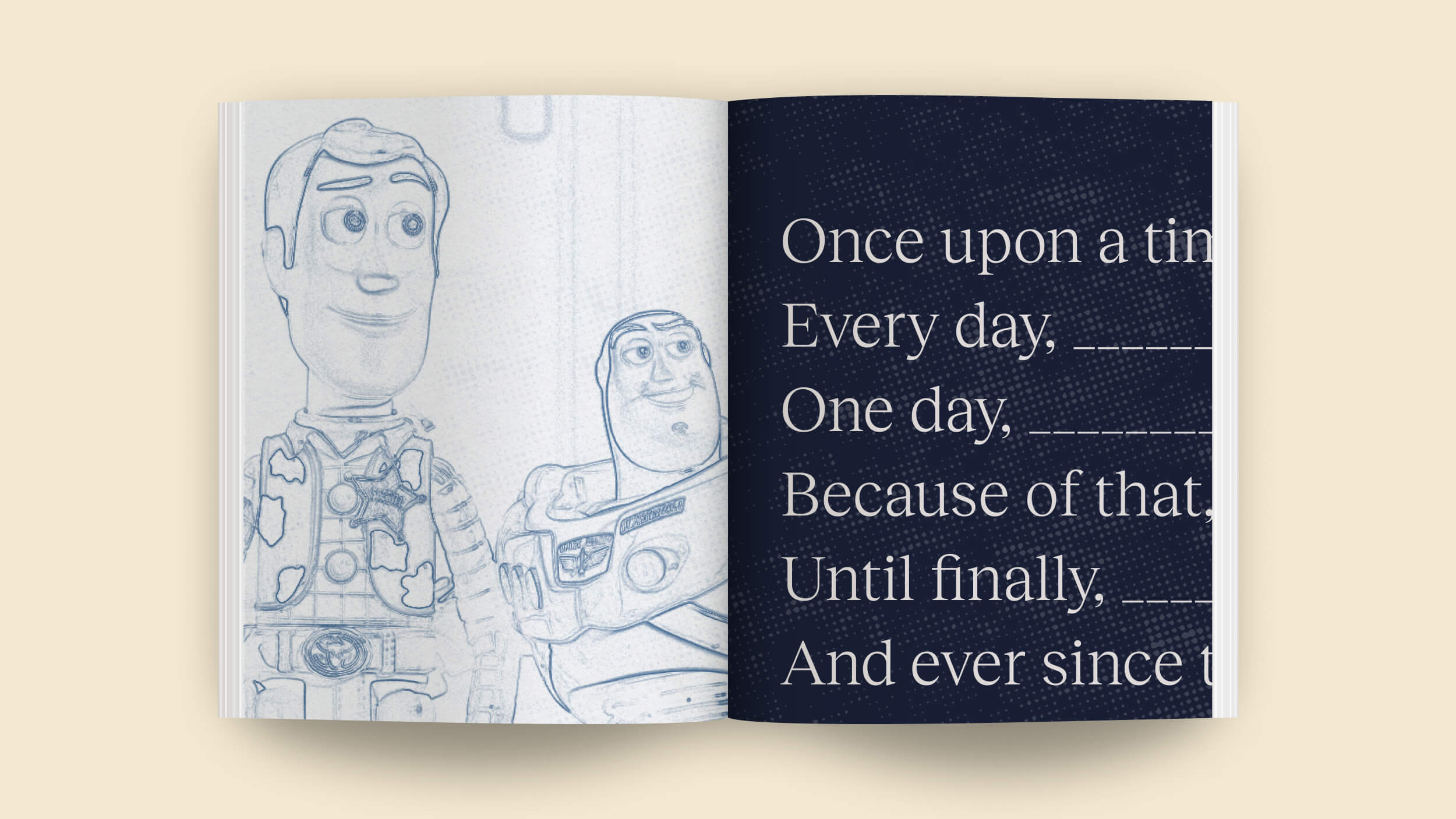The Chinese puzzle of the editing room.
Question: What goes into a broadcast?
Cyntha McFadden: Sitting at the anchor desk is the least of it. Being . . . Learning how to read the teleprompter . . . I’d always looked at the teleprompter as just, you know, the talking end of a monkey. I hated the teleprompter, fought against learning how to use it for years to my own detriment, I must note. It’s an important skill. It’s important to be able to look into the lens and really feel . . . make the person at home feel that you’re looking at them. And it took me years to learn how to do it. And it . . . It’s a skill. But really honestly, that’s the least of it. The most of it is helping direct the show. What stories are we going to cover? How are we going to cover them? What resources are we going to put there? In working with, I’d say, the best senior staff in television – both on “Nightline” and on Primetime – I have extraordinary colleagues who bring so much to the table every single day. That’s the fun. And the fun is then telling the stories themselves; getting to help direct both the work that I do and the work that my colleagues will ultimately do; and then to go out there and tell those stories. I love to shoot the pieces, and I love the Chinese puzzle of putting them together in the edit room. It’s wonderful to wake up every day and to be blessed enough to go to work that you care about. You know my dad, who never went to college . . . He worked for 50 years for the phone company. And he said to me the day I graduated from law school: “Little girl, just remember one thing. Anybody can have a job they don’t like.” And you know, I was asked to come back and be the commencement speaker at Columbia Law School, and that’s how I started my speech off. Because you know, so many of the people we know sort of are slogging through their lives. You know, we’re blessed to be able to choose something that matters to us. You know I want people to watch the pieces that I do and say, “I never knew that before.” Or, “I never felt that before.” Or, “I never saw it that way before.” You know being first doesn’t just mean that we race on the air with a piece of information before anybody else has it. So much of it is putting things in a context and in a way of seeing the world. You know Edward R. Murrow often said that the job of a journalist was to present the tabloid of . . . was to present reality – a reality that was accurate enough that the citizenry could then act. So you know what I think I do, I think . . . I hope when I’m doing my best work, I allow viewers to see a part of the world in a powerful way that they can then make up their own minds about.
Recorded on: Jul 7 2007





